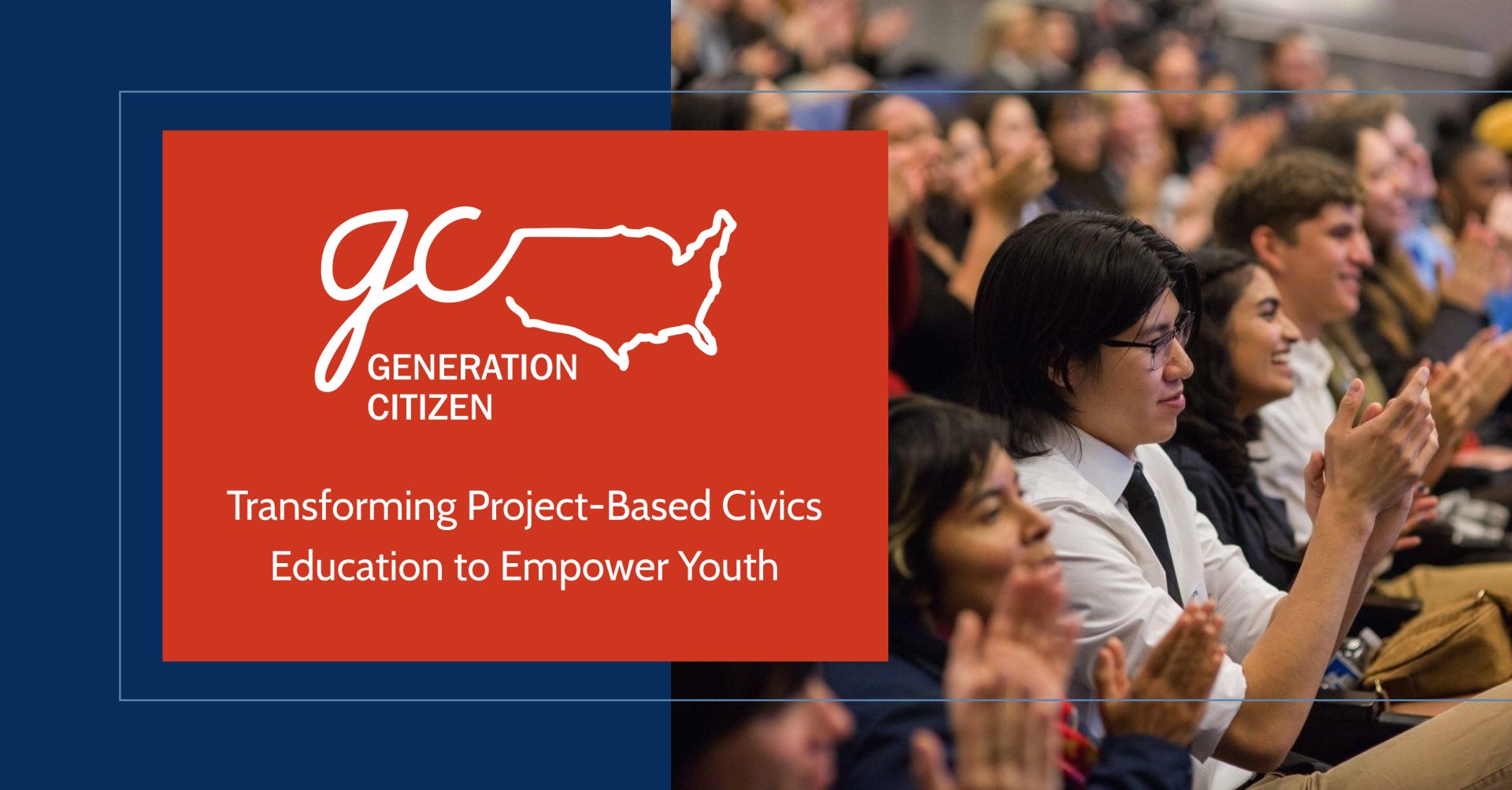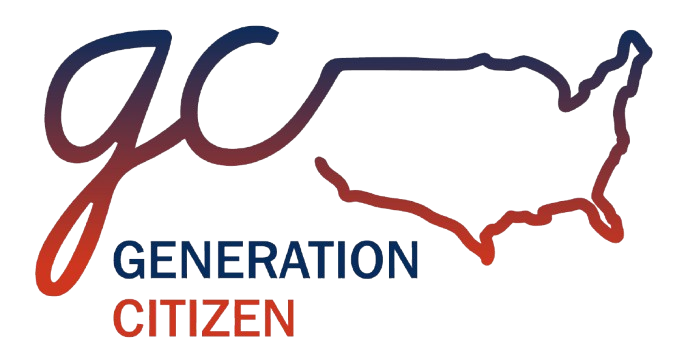Download the FREE Take Action Lesson Series
Guide your students in taking informed action today!
Take the steps to equip your students with the skills to lead active civic lives. The strategies and insights shared in this series of robust lessons are intended to assist you in facilitating important civic lessons in the classroom. We are confident that you will find them extremely valuable!

Each module provides educators with practical examples, exercises, and real-world scenarios to support students to take action in their communities.
Take Action Mini Series Overview
01: Take Action: Young Changemakers
Middle and high school students will gain inspiration and guidance from historical and current young
changemakers. They will begin by hearing what a well-known Generation Z Young activist has learned
about successful changemaking and empowering a generation. Students will then analyze multiple
bi-partisan examples of historical or recent youth-led movements from a diverse range of
geographies and topics. After learning from the inspiring stories of others, students will either share
their own young changemaker story or research and share a local young changemaker story.
02: Take Action: Our Community's Assets
Middle and high school students will analyze community assets that can be leveraged to better serve
community members in response to needs that students see around them. First, students will conduct their own assessment of their community’s assets and sources of resilience. Then, students will work in groups to do in-depth research to create a Community Resource Guide and develop a
plan for how they envision this resource being disseminated and used. Finally, they will set their own
goals for how they themselves would like to take action in their community using the resource they
have built.

